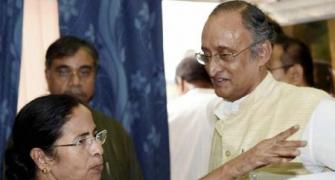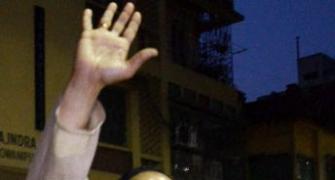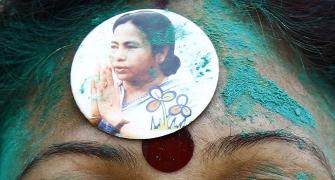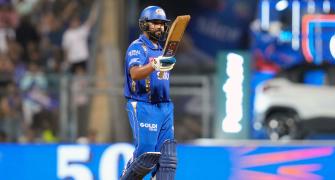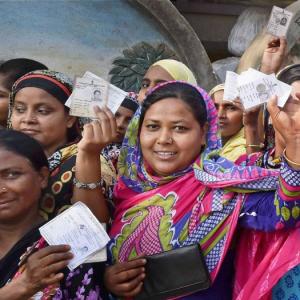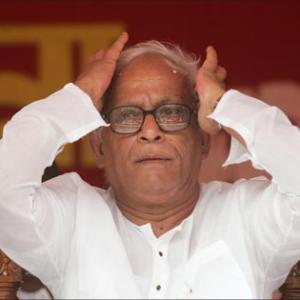There is a section in the Muslim community in West Bengal that believes that the ruling TMC has not quite delivered on the promises it made. Mayank Mishra reports

SM Reza Ali Khan, a direct descendant of Mir Jafar, the first Nawab of Bengal with the support of East India Company, is a bitter man these days. Not only is he tired of battling the perception of the descendent of a ‘traitor’, he is not happy with the way political parties have approached the minority issue thus far.
Mir Jafar is known to have betrayed his boss Siraj Ud Daulah at the battle of Plassey against the East India Company. The battle is considered to be a key moment in the establishment of the British Empire in the country. Sitting in his modest house located near the famous Hazaar Dwari palace in Murshidabad, Reza Khan says: “While all parties want a share of Muslim votes, not one of them is interested in doing something for the development of the community. The most neglected area is female education among Muslims.”
While not everyone shares Reza Khan’s bitterness, there is a section in the Muslim community in West Bengal that believes that the ruling Trinamool Congress has not quite delivered on the promises it made. “Other than giving Iman Bhatta (stipend for Imams), what else has the government done for the community?” asks Hanif Sheikh of Murarai in Birbhum district. He was stuck in the middle of a crowd that had come out after attending Congress president Sonia Gandhi’s rally in the nearby maidaan. Young Raju Sheikh standing nearby nods in agreement. The Murshidabad constituency voted on Thursday.
As we drive towards the India-Bangladesh border in North 24 Parganas district, we meet Al Haj Muhammad Ruhul Amin, a former school teacher in Akharpur village, which is not very far away from Ichchamati river near Bashirhat town.
While glancing through the edit page of influential Bengali daily Ananda Bazaar Patrika, Amin opens up only after some persuasion. “I am very apprehensive to talk about this issue. But, I can sense that Jot (referring to the alliance of Left parties and the Congress) is going to do well this time. After the demise of Communist Party of India-Marxist leader, who represented this constituency many times, we did not know which way to go. Now we know that Jot is the preferred choice for us,” he says, adding that the people he talks to in and around the area have come to similar conclusion.
It is not uncommon to find similar sentiments in other areas, too. Experts say there are a number of factors that have contributed to the alienation of Muslims with the ruling party. Just before the 2011 elections, Mamata Banerjee is reported to have promised regularisation of all madrasas. The promise remains unfulfilled.
According to experts, there has been a fall in representation of the minority community in government jobs and the community is under-represented even in the recent appointment of civic police throughout the state. Growing whispers in certain quarters that there is a tacit understanding between the TMC and the Bharatiya Janata Party might also have led to some disenchantment among Muslims. While TMC leaders have categorically denied any such understanding, people even in remote areas seem to have heard about such pronouncements.
“Whenever I got to the local market, I keep hearing about such things. I do not know whether it is true or not,” says a Muslim vegetable seller in Fatehpur village, which is part of North 24 Parganas district. He is, however, clear that his vote will go to the TMC. “Earlier, our votes used to go to the Congress. Now we vote for the Trinamool.”
In the 2011 assembly elections, Banerjee’s TMC did very well in Muslim-dominated constituencies. Of the 87 seats where Muslims account for 30 per cent and more of voting population, the TMC and its allies won as many as 61 seats with an impressive vote share of 45.3 per cent.
The Left Front was a distant second with a mere 25 seats and a vote share of 41.8 per cent, according to data by the Centre for the Study of Developing Societies. Political analysts say that since the difference of vote share is only 3.5 per cent between the two main rivals in the Muslim-dominated constituencies, even a two per cent swing of votes of the minority community will have huge impact on the final outcome in these constituencies.


